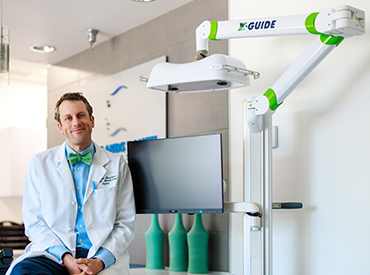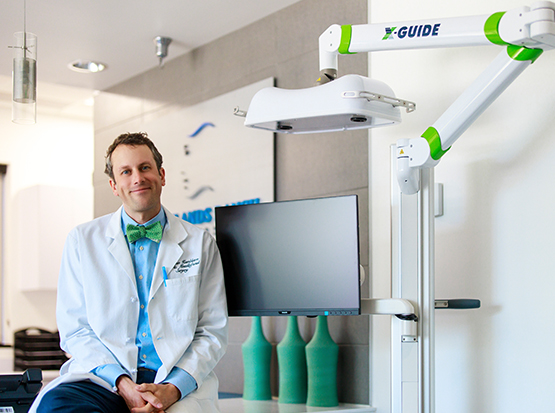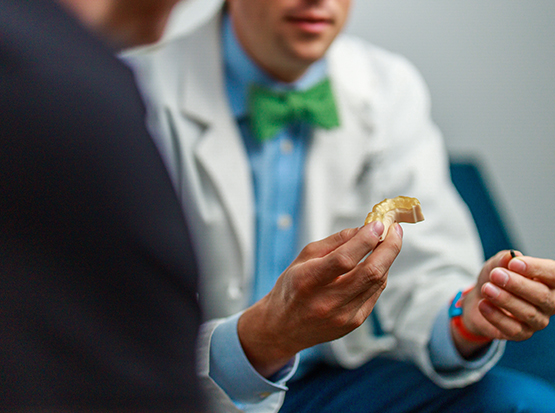 For those who have experienced tooth loss, or who anticipate the need to have a tooth removed, dental implants represent the best option for tooth replacement. One of the reasons why dental implants are so popular is that they boast an incredibly high rate of long-term success, something that is demonstrated by a robust body of clinical literature.
For those who have experienced tooth loss, or who anticipate the need to have a tooth removed, dental implants represent the best option for tooth replacement. One of the reasons why dental implants are so popular is that they boast an incredibly high rate of long-term success, something that is demonstrated by a robust body of clinical literature.
With that said, there is always a chance that dental implants can fail or require removal. The good news is that, if you do experience implant failure, there are always options for either repairing or replacing the implant.
Why Do Dental Implants Fail?
There are two primary reasons why dental implants fail. Short-term failure (i.e., dental implants that fail within a few months of placement) usually results from poor healing, or from insufficient bone tissue for anchoring the implant in place. Though short-term implant failure is always a possibility, it is a risk that can be minimized by ensuring you work with a qualified oral surgeon who verifies that you have sufficient jawbone material (or else fortifies your jawbone with a bone graft).
Long-term implant failure (i.e., implant failure a year or more after placement) is most often caused by dental neglect. It can also be caused by trauma, such as a car collision, sports accident, or slip-and-fall.
Are Failed Implants Repaired or Replaced?
If you do experience implant failure, it is critical to make an appointment with your oral surgeon as soon as possible. Your surgeon will perform a physical examination of your implants, teeth, and jaw, then determine how best to treat the problem.
In some cases, repairing an implant may be possible. This is especially true of implants that are simply chipped or cracked, as can happen following facial trauma. To have implants repaired, you may be referred to a cosmetic dentist, who can use composite materials to fortify the implant while producing a seamless, natural look.
More often, implants that fail need to be replaced. Often, implant replacement is done in conjunction with a bone graft, wherein new bone tissue is generated in close proximity to the implant, providing an even more secure anchor. The bone grafting procedure can be done at the same time as the implant replacement, which can potentially save you time and eliminate the need for future procedures. Implant placement is usually needed when the implants are badly damaged, or when they result from an improper or inadequate healing process.
Questions About Dental Implant Replacement?
Dental implants are designed to last a lifetime, and with proper oral hygiene, you can usually avoid the occurrence of an implant failure. If you ever do have a failed implant, make sure you seek treatment from an experienced oral surgeon. At Highlands Ranch Oral & Facial Surgery, we are pleased to offer full dental implant treatment services to patients throughout the area.
To schedule an appointment with us, contact our Highlands Ranch, CO practice at your convenience. Call us at (720) 996-0210.




